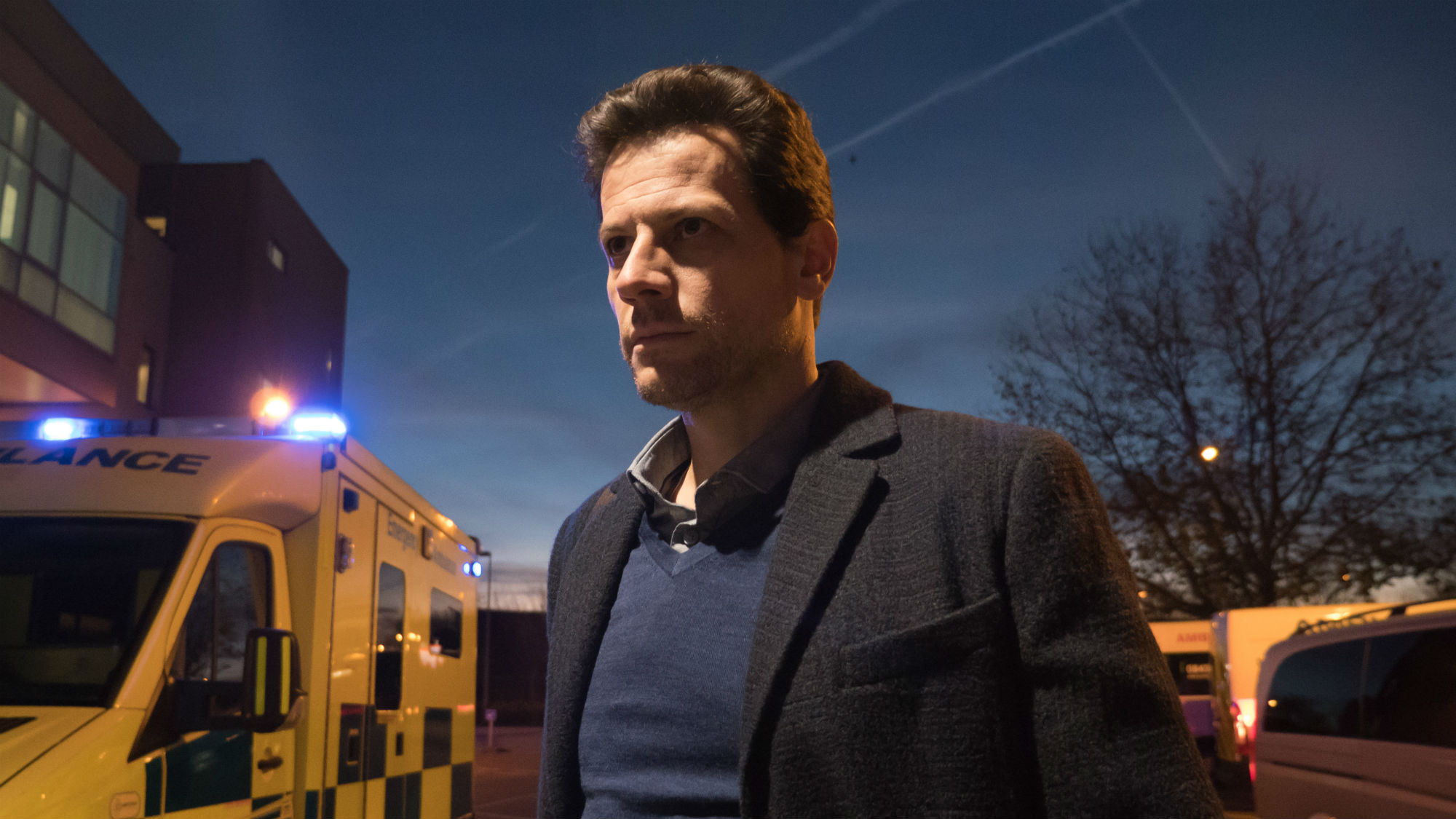How realistic is ITV’s Liar? We asked a rape expert
The ITV drama has thrown up plenty of questions about the way we handle and treat rape accusations. We asked Katie Russell, spokesperson for Rape Crisis England and Wales, to tell us what she thinks


Celebrity news, beauty, fashion advice, and fascinating features, delivered straight to your inbox!
You are now subscribed
Your newsletter sign-up was successful
The ITV drama has thrown up plenty of questions about the way we handle and treat rape accusations. We asked Katie Russell, spokesperson for Rape Crisis England and Wales, to tell us what she thinks
There was a strange, but palpable, sense of relief when we found out in episode 3 of ITV's Liar that Laura had been right all along. Andrew Earlham (Ioan Gruffudd), Liar's outwardly model father and successful surgeon, was shown to have drugged Laura (Joanne Froggatt) after a first date.
Relief because this was not yet another drama about a false rape accusation ruining an innocent man's life, a scenario that's arguably had far too much air time in films and TV shows already, particularly given how rare false accusations are in real life.
And in the small number of cases where a woman does falsely accuse a man of raping her, the legal penalties are harsh. Recently, 25-year-old Londoner Jemma Beale received a 10-year jail sentence for falsely claiming she had been attacked by fifteen different men.
Statistically, it's far more realistic for a victim of sexual assault to find he or she is not believed, which could explain why 75% of those who experience sexual violence will never report it to police.

But just how reflective of real life rape cases is ITV's Liar? We asked Katie Russell, spokesperson for Rape Crisis England & Wales, to tell us what she thinks.
'Every victim or survivor of rape or any kind of sexual violence is unique and each individual responds in their own way to their experience(s). So inevitably not all survivors who watch any particular programme about sexual violence will see something they relate to reflected back. There are undoubtedly some aspects of Laura's behaviour that are common among rape survivors though, including her fear, anger, hyper-vigilance, difficulty sleeping and issues with trust in the aftermath of what she's been put through.
Celebrity news, beauty, fashion advice, and fascinating features, delivered straight to your inbox!
So-called false allegations of rape are very rare, as confirmed by a special study into exactly this issue in 2013 by the then Director of Public Prosecutions Keir Starmer.
By contrast, rape and sexual offences themselves are much more common than most people realise. In this context, it would've been insensitive and inappropriate, potentially even damaging, if this programme had chosen to portray the accuser as the eponymous 'Liar', especially when there is already a widespread myth that women frequently lie about rape.
It's important to remember that rapists have much more to gain from lying about sexual violence than someone who reports a rape to the police. And in that respect, Andrew's deviousness perhaps shouldn't come as a huge surprise.

There's also a lot of research to suggest that rapists are often serial offenders, as Liar's Andrew has been revealed to be. At the same time, rapists are ordinary people, who can and often do lead ordinary lives in which they may be trusted, well-regarded, even loved. There aren't obvious traits that can help us spot a rapist and they often aren't the stereotypical "loner" or "weirdo" people expect.
The police officers investigating Laura's case have been seen treating her with respect, empathy and impartiality so far, which is good practice and the least any victim or survivor reporting the crime against them should be able to expect.'
